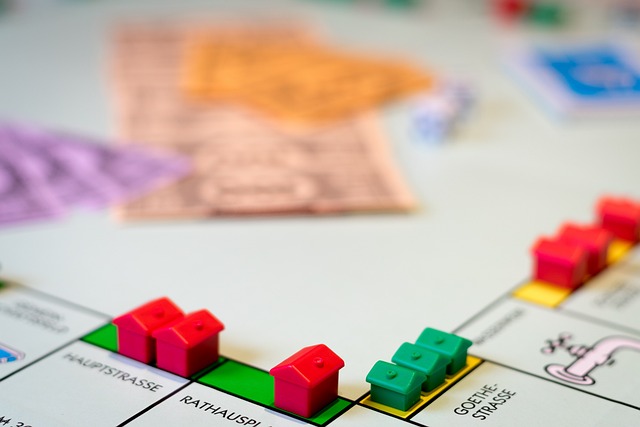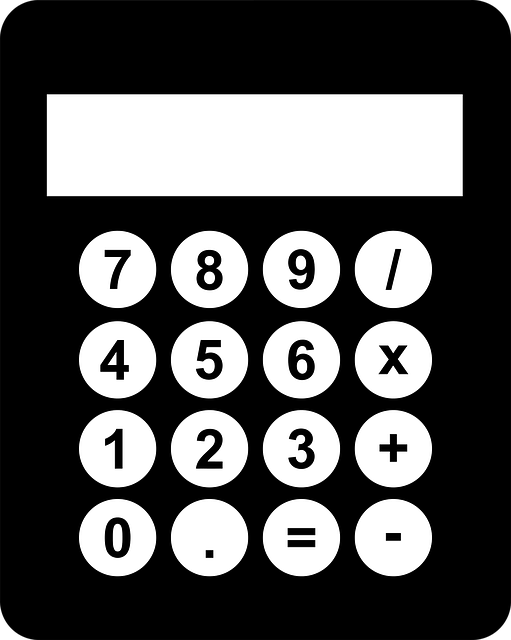Mental health assessments are crucial for understanding the complex link between substance abuse and co-occurring disorders, such as prescription stimulant addiction. By addressing underlying conditions like stress management issues or emotional scars through integrated care from psychology, psychiatry, and social work, long-term recovery is improved. Holistic approaches including therapy, meditation, yoga, nature walks, crisis intervention training, and evidence-based programs in rehab centers offer comprehensive support. Natural remedies combined with personalized treatment plans tailored to individual needs are key to getting sober from prescription stimulants naturally, focusing on both mental health and physical well-being.
Mental health assessments play a pivotal role in unraveling the complex relationship between substance abuse and underlying conditions. By identifying these hidden factors, individuals can embark on a holistic path to recovery. This article guides you through understanding mental health assessments, their significance in treating prescription stimulant addiction, and effective strategies for a natural, sobering-up process. Learn how to navigate the road to recovery with our comprehensive insights, focusing on safe and alternative methods, such as natural remedies.
- Understanding Mental Health Assessments: Uncovering the Connection Between Substance Abuse and Underlying Conditions
- The Role of Natural Remedies in Sobering Up From Prescription Stimulants
- Strategies for Navigating the Road to Recovery: A Comprehensive Guide
Understanding Mental Health Assessments: Uncovering the Connection Between Substance Abuse and Underlying Conditions

Mental health assessments play a pivotal role in understanding and addressing the complex relationship between substance abuse and underlying conditions. These comprehensive evaluations go beyond identifying the presence of drugs or alcohol in an individual’s system, delving deeper to uncover co-occurring disorders that may be driving or exacerbating abusive behaviors. By integrating knowledge from various fields, including psychology, psychiatry, and social work, assessors can gain valuable insights into a person’s mental landscape.
This process involves not just diagnosing conditions like depression, anxiety, or trauma but also understanding their unique impact on an individual’s life. For instance, someone struggling with prescription stimulant addiction might have unaddressed issues related to stress management or underlying emotional scars. Recognizing these connections is crucial in developing effective treatment plans that target both the substance abuse and the root causes behind it. Adopting healthy habits in early sobriety, such as engaging in regular physical activity and practicing mindfulness techniques, can complement professional care and significantly enhance the chances of long-term recovery, including successful participation in stress management workshops for addiction recovery.
The Role of Natural Remedies in Sobering Up From Prescription Stimulants

For those seeking to get sober from prescription stimulants naturally, understanding the role of mental health assessments is crucial. Identifying and addressing underlying conditions, such as anxiety or depression, can be a significant step in breaking the cycle of substance abuse. Many individuals turn to prescription stimulants as a way to self-medicate, temporarily masking emotional distress. However, this approach often leads to dependency and further complicates their mental health status. Mental health assessments help uncover these root issues, allowing for tailored interventions and coping strategies that go beyond just stopping the stimulant use.
Natural remedies play a vital role in the sobering-up process from prescription stimulants. This can include practices like therapy, meditation, yoga, and engaging in nature. Crisis intervention training equips individuals with immediate support techniques to manage intense cravings or withdrawal symptoms. Rehabilitation centers near me offer specialized programs focused on holistic recovery, combining mental health services with evidence-based treatments. Addiction recovery becomes more accessible when these natural approaches are integrated into a comprehensive care plan, addressing both the physical and psychological aspects of stimulant abuse.
Strategies for Navigating the Road to Recovery: A Comprehensive Guide

Navigating the path to recovery from prescription stimulant addiction requires a multifaceted approach. The first step is often recognizing the underlying conditions that contribute to substance abuse, such as undiagnosed mental health disorders or trauma. Mental health assessments play a crucial role in identifying these co-occurring issues, offering a comprehensive view of an individual’s struggles. This process allows for tailored strategies like Trauma-Informed Care, which prioritizes emotional support and safe practices.
Holistic wellness programs that integrate nutrition, exercise, and stress management techniques can be transformative. By focusing on overall well-being, these programs empower individuals to take control of their recovery journey naturally. Co-occurring disorder treatment options, including therapy and medication management, are essential tools in addressing the complex interplay between mental health and substance abuse. Through personalized care and a supportive environment, one can cultivate resilience and embark on a sustainable path toward sobriety and enhanced quality of life.
Mental health assessments play a pivotal role in identifying the root causes of substance abuse, especially with prescription stimulants. By uncovering underlying conditions, individuals can access tailored strategies for recovery. Incorporating natural remedies and alternative treatments, such as mindfulness practices and therapy, offers a holistic path to overcoming stimulant dependence. For those seeking to get sober from prescription stimulants naturally, understanding these interconnected factors is essential in navigating the road to lasting recovery and embracing a healthier future.






